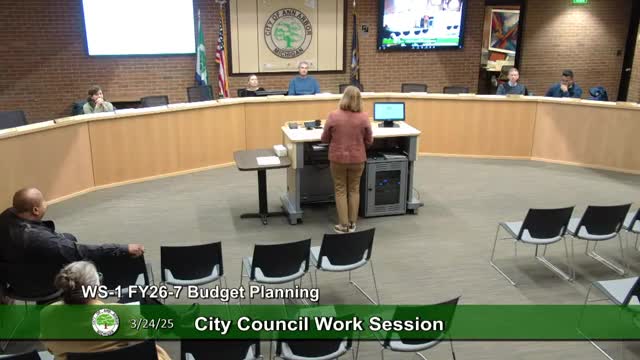Article not found
This article is no longer available. But don't worry—we've gathered other articles that discuss the same topic.
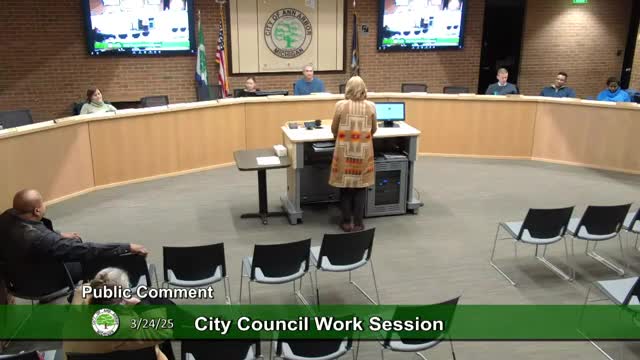
Resident calls for sight‑distance, illumination fixes after pedestrian death on Ann Arbor street
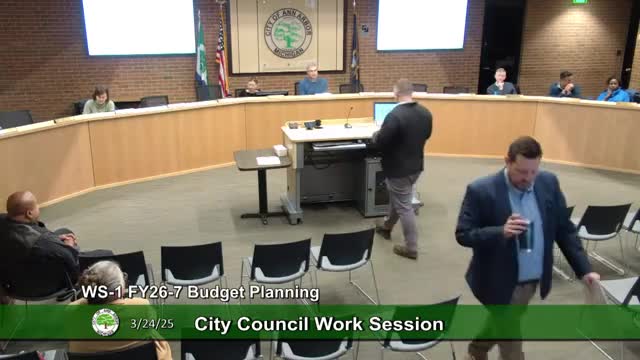
HR asks council to fund performance management, employee engagement work as compensation study begins
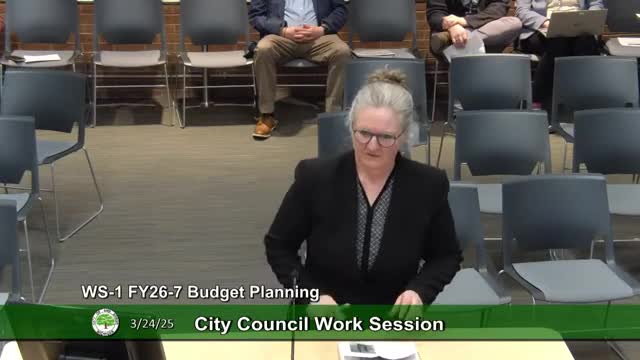
Housing Commission seeks staff and notes HUD funding uncertainty as development leasing begins
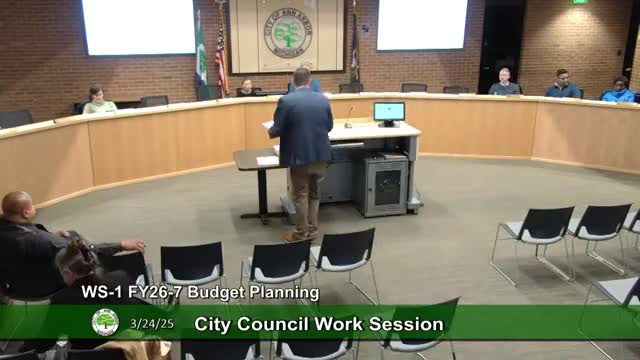
Public services seeks funds for dam repairs, water/sewer capacity studies and equipment upgrades
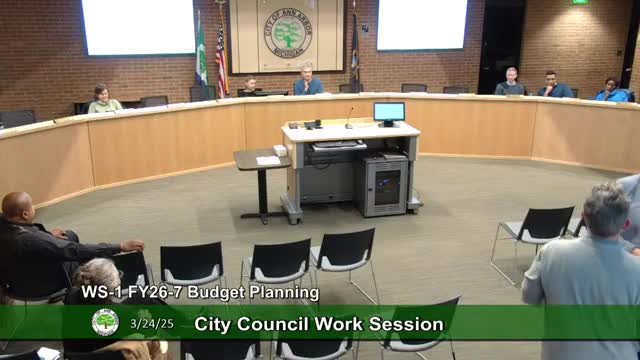
Planning staff warn implementation of comprehensive plan will dominate next 12–18 months; UDC rewrite likely
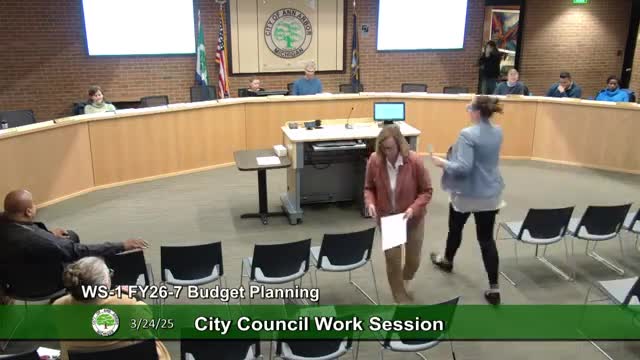
Sustainability office: $32 million in grants under management; SEU progress and funding uncertainty
